EVENT DETAILS
- Date and Time: Wednesday, March 12, 2025; 12:00 – 1:00 pm EDT
- Event Location: Le Méridien Washington, D.C., The Madison; 1177 15th St NW, Washington, DC 20005
FTC Commissioner, Melissa Holyoak sat down with Professor James C. Cooper of Antonin Scalia Law School for a discussion about the Federal Trade Commission’s priorities under the new administration. The conversation focused on key consumer protection and competition issues concerning the digital economy, including AI, privacy, and the recently opened inquiry on Technology Platform Censorship. One highlight of the conversation included the ongoing importance of the role of economics in consumer protection work at the FTC.
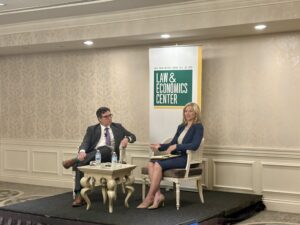
This luncheon was sponsored by the Law & Economics Center’s Program on Economics & Privacy at the George Mason University Antonin Scalia Law School.
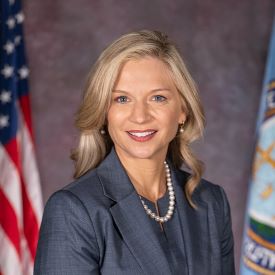 Melissa Holyoak,
Melissa Holyoak,
Commissioner,
Federal Trade Commission
Melissa Holyoak was sworn in March 25, 2024 as a Commissioner of the Federal Trade Commission. Holyoak brings extensive experience as a litigator and leader. Most recently, she served as Solicitor General with the Utah Attorney General’s Office where she oversaw the civil appeals, criminal appeals, constitutional defense and special litigation, and antitrust and data privacy divisions. She also managed multistate matters including those involving consumer protection and antitrust claims.
 James Cooper,
James Cooper,
Professor of Law and Director, Program on Economics & Privacy,
George Mason University Antonin Scalia Law School
James C. Cooper brings over a decade of public and private sector experience to his research and teaching. Prior to joining the faculty at Scalia Law, he served as Deputy and Acting Director of the Federal Trade Commission’s Office of Policy Planning, Advisor to Federal Trade Commissioner William Kovacic, and as an associate in the antitrust group of Crowell & Moring, LLP. His research focuses on the law & economics of privacy, data security, and consumer protection, as well as on wide variety of topics surrounding competition policy.
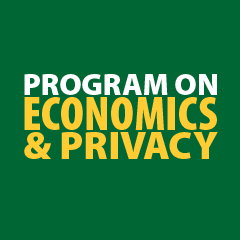

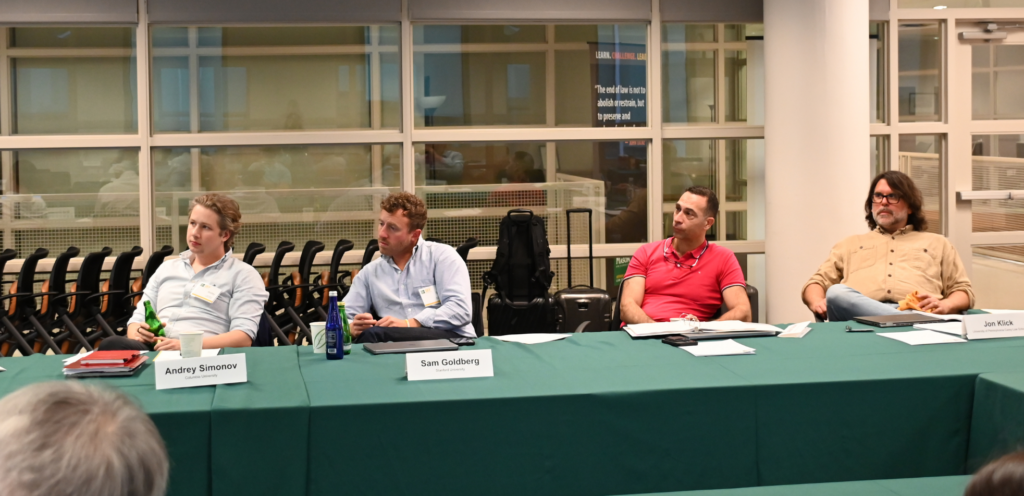

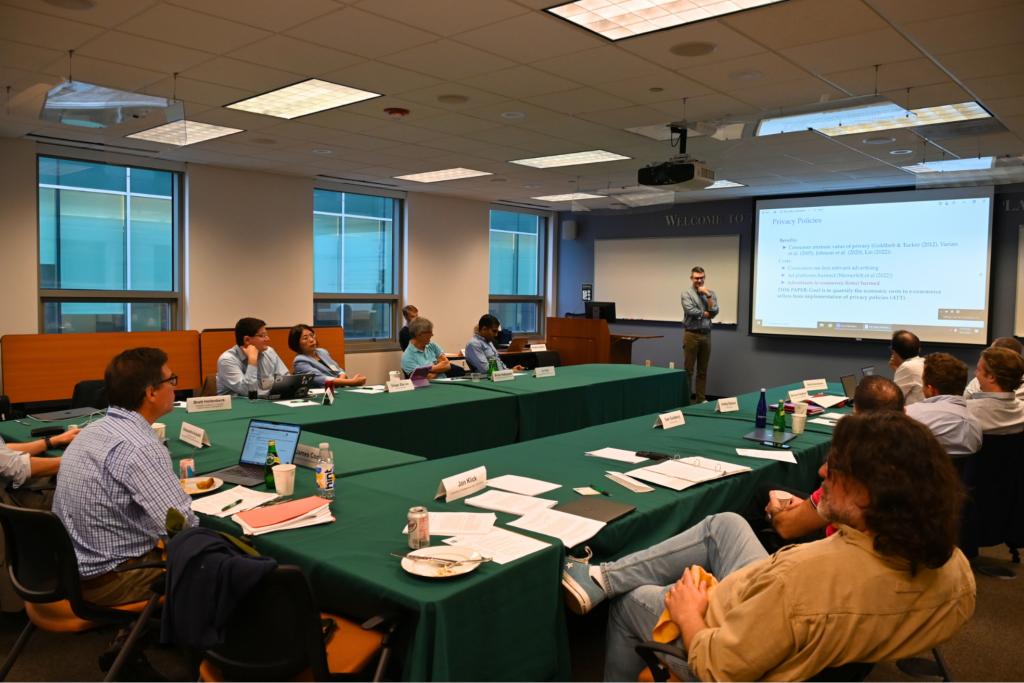


 Thom Lambert
Thom Lambert